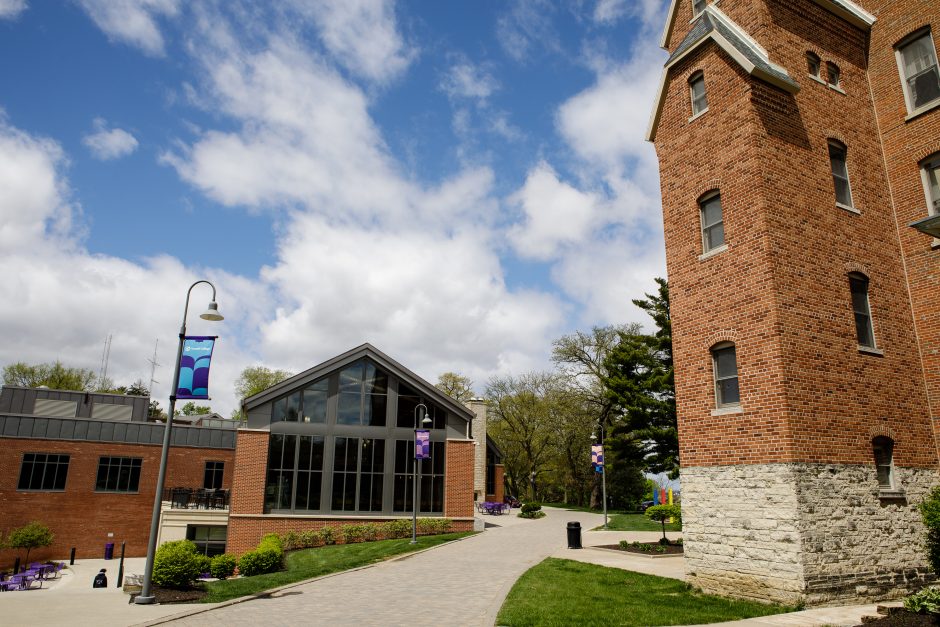The Early FAFSA student response
Terminology refresher: the working name that we used last year to refer to the new filing date FAFSA was “Prior Prior Year.” Now it’s a little simpler as “Early FAFSA.”
CegmentTM recently completed a comprehensive survey that reached out to a new, key audience–students and their parents to learn what their expectations will be this fall when the FAFSA opens on October 1. Here are our three big takeaways from the research.
- 90% of respondents expect to get financial award letters earlier, and 41% want their letter in the fall semester of their senior year. We take this as a sign that many students will be trying to finalize their admittance and make their college decisions earlier–so requests for materials they need from their high school teachers and counselors may be coming earlier than usual as well. For colleges, we’re going to need to be on top of answering financial aid questions and getting those awards in the mail as soon as we can. (82% indicate that they will think more positively about a college that provides information quickly.)
- Cegment predicts that the college admission cycle activities are going to both start earlier and have a longer duration.
- Colleges will accept applications primarily in September 1 through May 1.
- FAFSA application completion will move to Oct.- April instead of Jan.-March.
- Award letters will now be mailed from Oct.- April rather than Jan.- April.
- College selection and deposit will happen from Oct. – June rather than May- June.
This means that you’ll likely be fielding the full spectrum of questions about the college application process all year, rather than the phases you’ve been used to in the past. Remember that Cornell is here to help—lean on us if you need help answering those questions. If you didn’t get it this spring, here’s a link to our one sheet Early FAFSA fact sheet.
- Cost is considered a top factor in college selection for 76% of respondents applying for aid. With the Early FAFSA offering insights into affordability earlier, students might be putting more emphasis on this variable and may not “dream as big” as they might have in their college aspirations in the past. We imagine counselors may have new challenges pushing students to apply to the schools that would be the best fit if they’re afraid they won’t get the big scholarship—this is where we think tracking micro-scholarships through Raise.me early on, and completing college-specific applications that allow them to show their accomplishments to their advantage, will give students advantages in reaching for their best fit schools.



